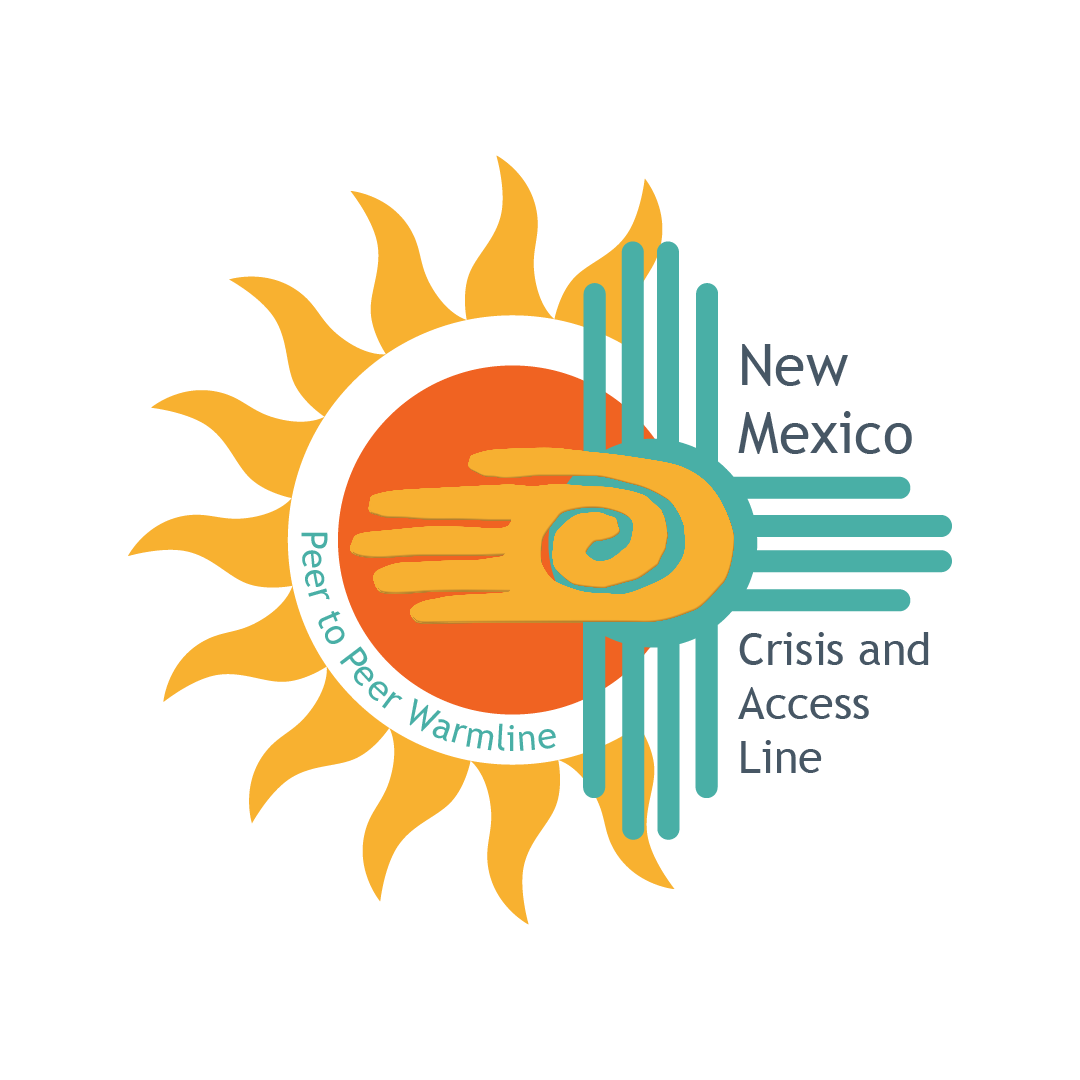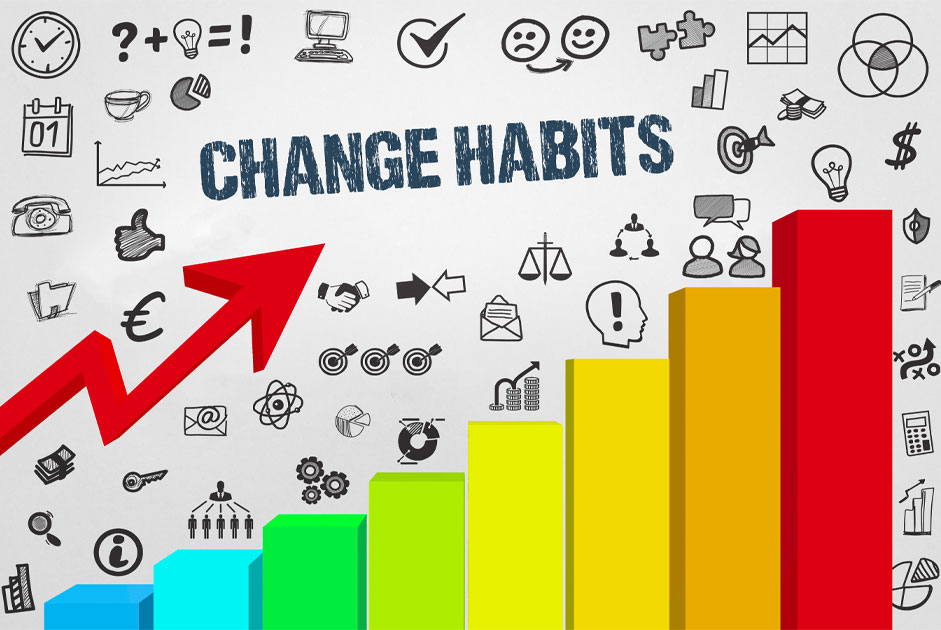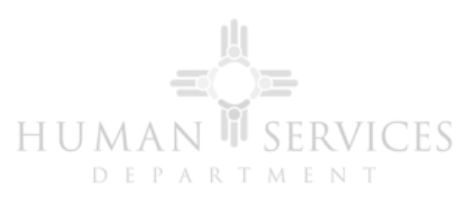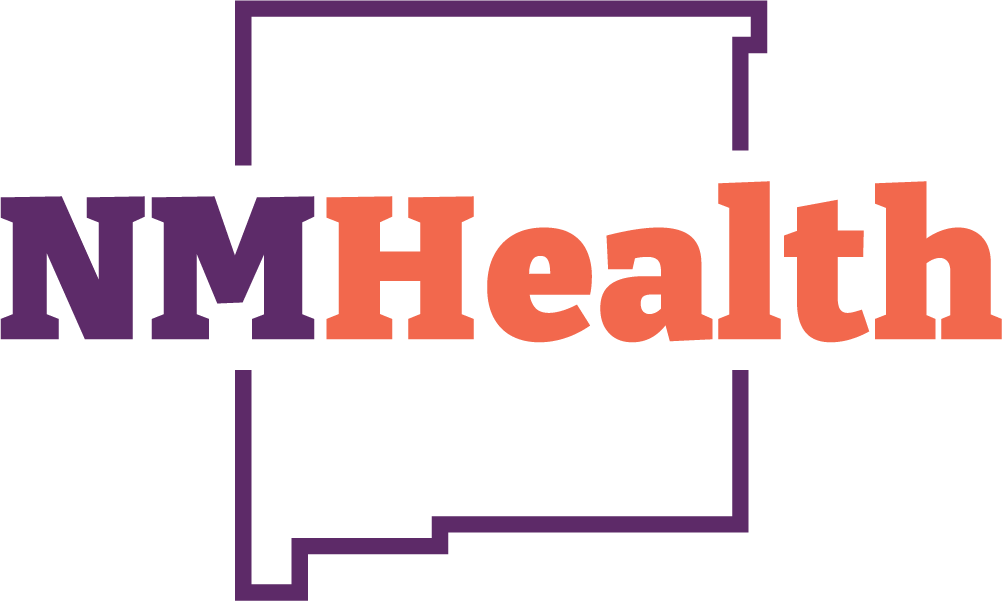Post Traumatic Stress Disorder (PTSD) is a mental health condition that some people develop after experiencing or witnessing a life-threatening event like an assault, combat, a natural disaster, a pandemic, an accident, unexpected changes that abruptly disrupt life, and/or media encounters that share the news of events. It’s normal to have upsetting memories, feel on edge, or have trouble sleeping after these types of event. However, if the symptoms last more than a few months, it may be PTSD.
The good news is that PTSD is increasingly recognized, there are potentially preventable conditions, and there are effective treatments. June 27 is observed as national Post Traumatic Stress Disorder (PTSD) awareness day where we talk about this complex disorder caused by experiencing or witnessing trauma that threatens our basic safety.
PTSD is a mental health condition that’s triggered by a terrifying event, either experiencing it or witnessing it, such as:
- an assault (physical, sexual, verbal, etc)
- an accident
- combat
- a natural disaster
- unexpected changes that abruptly disrupt your day to day life
Symptoms may include flashbacks, nightmares and severe anxiety, as well as uncontrollable thoughts about the event.
It is important to note that not everyone who experiences trauma develops PTSD, and not everyone who develops PTSD requires psychiatric treatment. For some people, symptoms of PTSD subside or disappear over time. Others get better with the help of their support system (family, friends or clergy). But many people with PTSD need professional treatment to recover from psychological distress that can be intense and disabling. A trained professional will diagnose PTSD, based on symptoms like hypervigilance, mood swings, recurring and involuntary flashbacks to the trauma, and avoidance.
It is important to remember that trauma may lead to severe distress. That distress is not the individual’s fault, and PTSD is treatable. The earlier a person gets treatment, the better chance of recovery. You can find treatment through the Treatment Connections website.
Whether you have been diagnosed or not, if you or someone you know needs to talk to someone about a mental health, behavioral health, emotional health, or substance use matter, there is always a professional counselor here to hear you at the New Mexico Crisis and Access Line (855-662-7474), or a peer support available on the Peer-to-Peer Warmline (855-466-7100).
Download the NMConnect app to easily access the call lines and resources.
- Link to the Apple iOS download
- Link to the Google Play Store download










